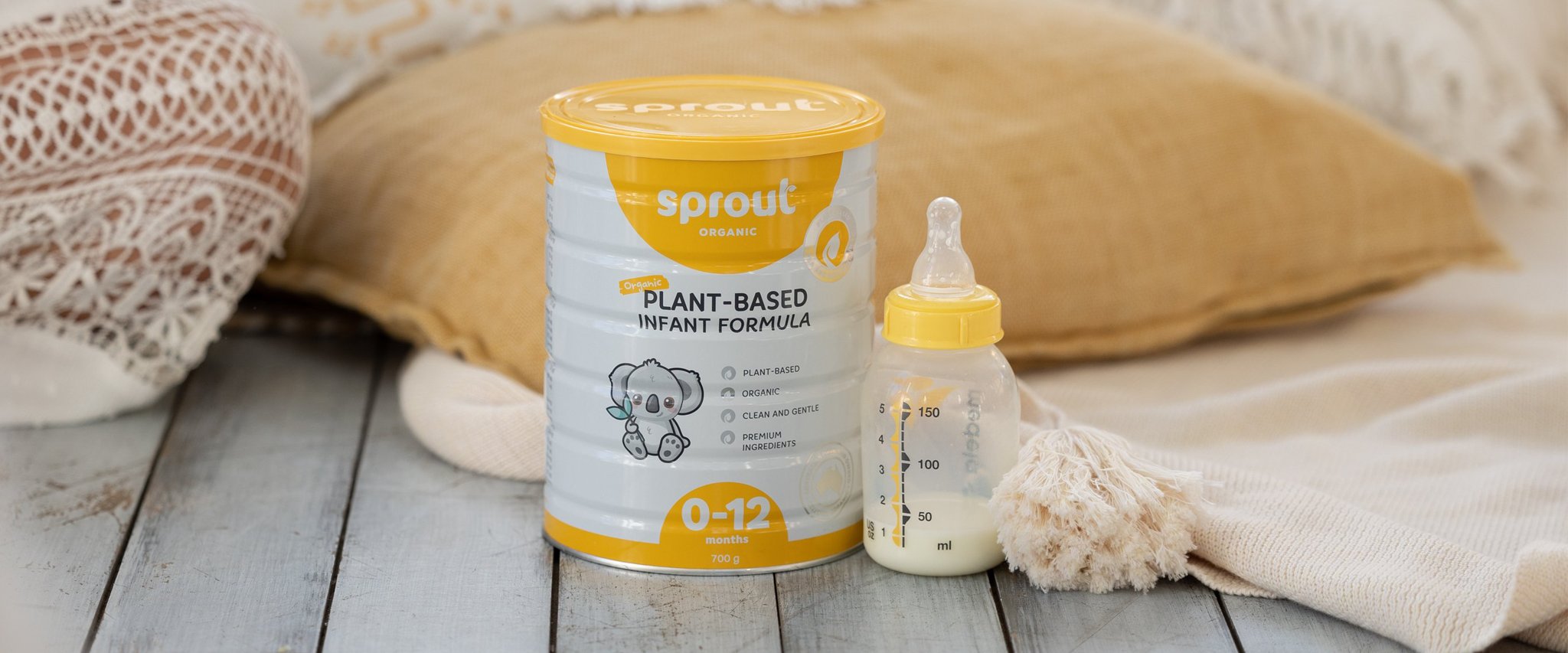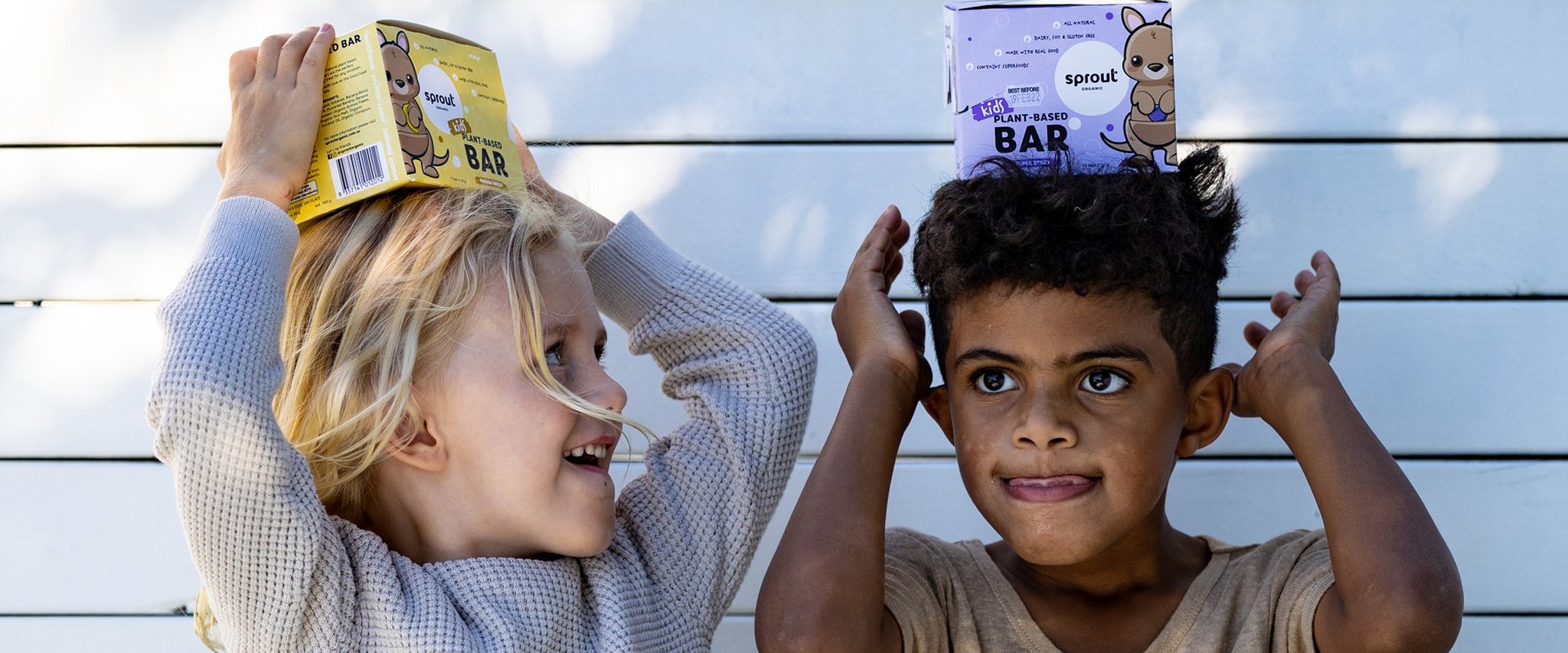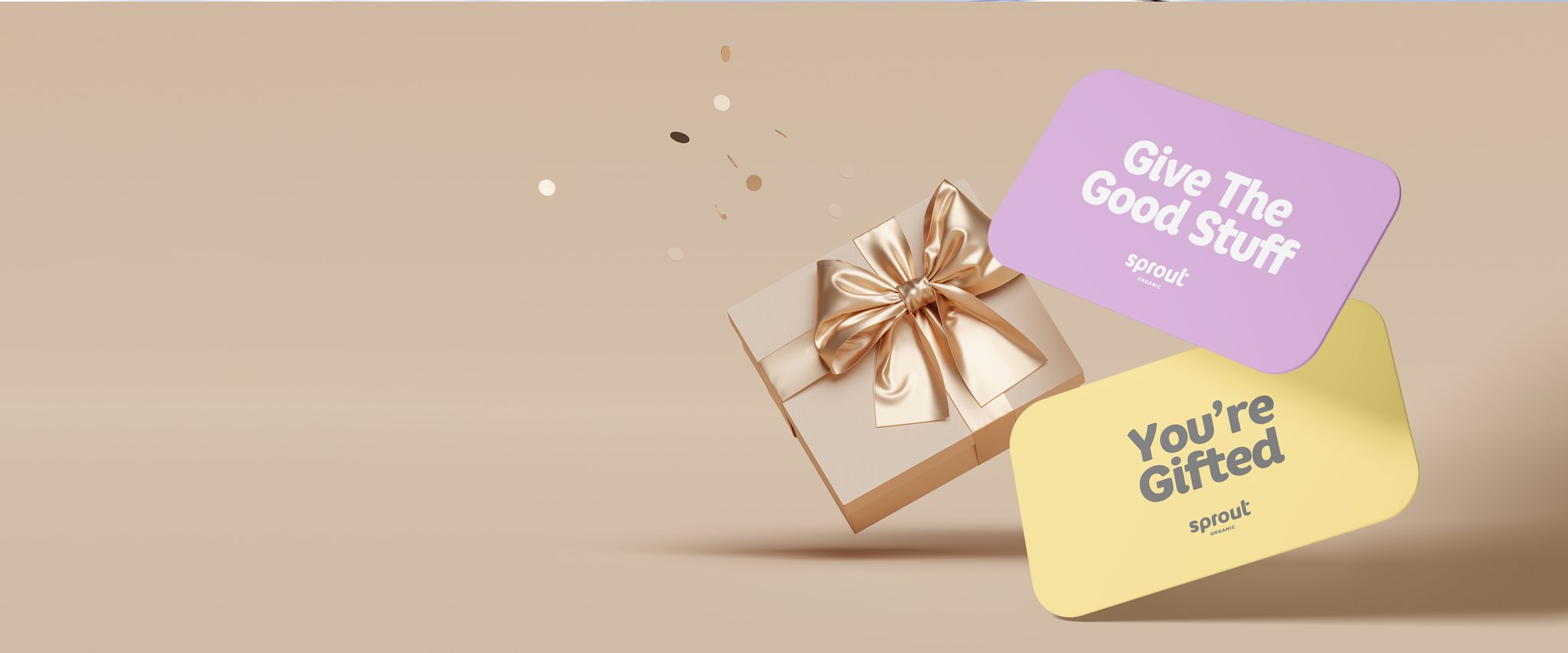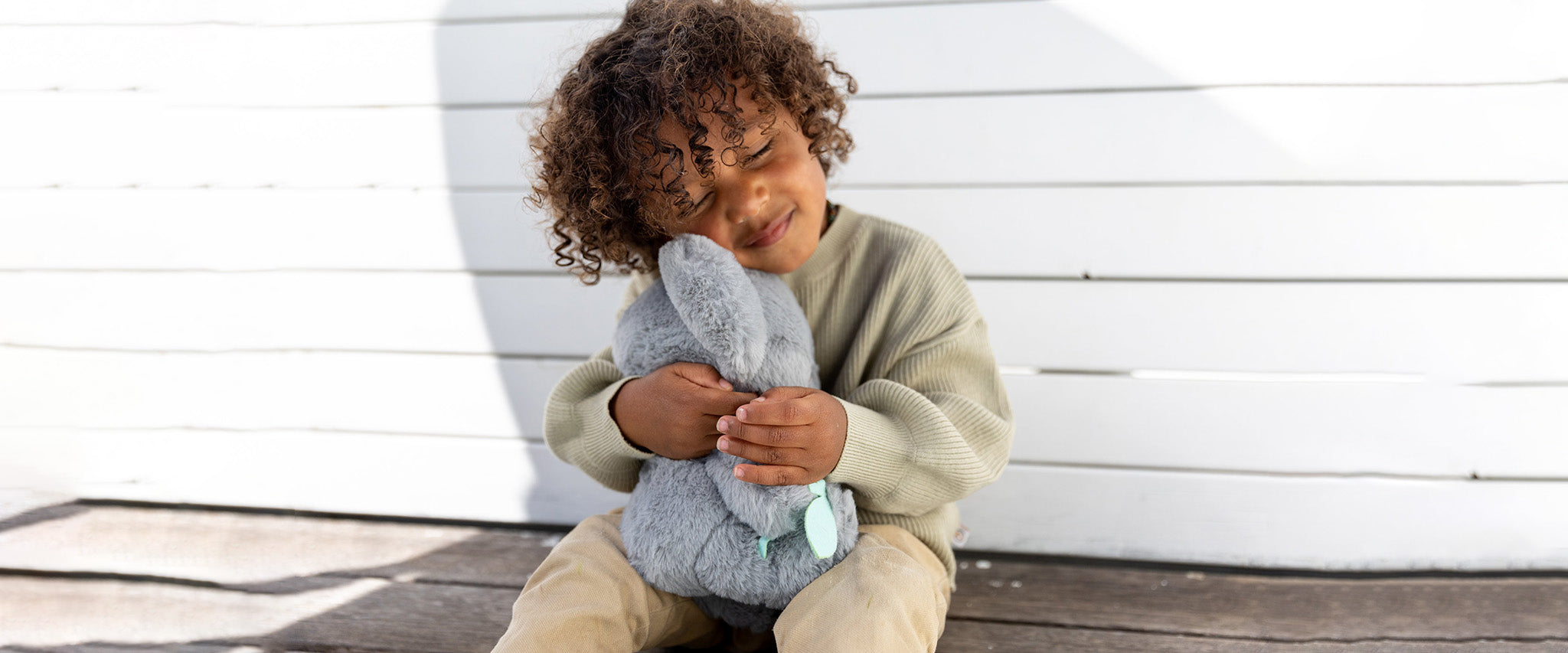8 Tips to Avoid Mastitis
Mastitis is something all breastfeeding women fear. It is a painful and debilitating condition that affects up to 33% of lactating women in Australia and for many, it can bring their breastfeeding journey to a halt. According to Queensland Health, Mastitis can occur due to:
- Blocked milk duct
- Ongoing nipple damage
- Baby not attaching well to the breast
- Poor overall health (stress, fatigue, poor nutrition)
- Tight fitting clothing across the chest
Here are some tips to help avoid mastitis:
Take a warm shower
Blocked ducts are common while breastfeeding and does not necessarily mean you will develop mastitis, but it is important you unblock it as soon as possible to prevent infection. A warm shower or a warm compress on the breast just before feeding should help, then a cold compress between feedings should bring down pain and swelling.

Nurse regularly
Nurse your baby regularly to ensure both breasts are being emptied & try different positions if blocked ducts are a common occurrence to drain all areas of the breast (Australian Breastfeeding Association, 2019)

Iron & vitamin C
Anemia is linked to poor immunity and therefore a higher risk of mastitis (Liyew & Teshale, 2020). Ensure you are consuming iron rich foods (chickpeas, hemp seeds, dried apricots, raisins, quinoa, beetroot, blackstrap molasses & tofu) along with vitamin C rich foods (citrus, berries) to increase absorption.

Eat well
Fresh, anti-inflammatory foods are important like leafy greens, herbs and spices, wholegrains, & fresh fruits & vegetables.

Keep fluids up
Mum should drink plenty of water to keep hydrated (breastmilk contains approximately 90% water).

Avoid saturated fats
Limit your intake of saturated fats to prevent blocked ducts (fried foods, bakery food, vegan cheese and margarines) and include foods naturally containing some lecithin like peanuts, wheatgerm, soy, cooked green vegetables and wholegrains. Women have found organic sunflower lecithin supplementation helpful to reduce the viscosity of the milk (but there are limited studies on this supplement).

Rest
Have someone take the baby out for an hour a day so mum can take that much needed nap or take a hot bath.

Wear loose-fitting clothing
Mum should not wear tight bras/clothing and try not to sleep on her tummy to avoid pressure on the breasts.







Leave a comment